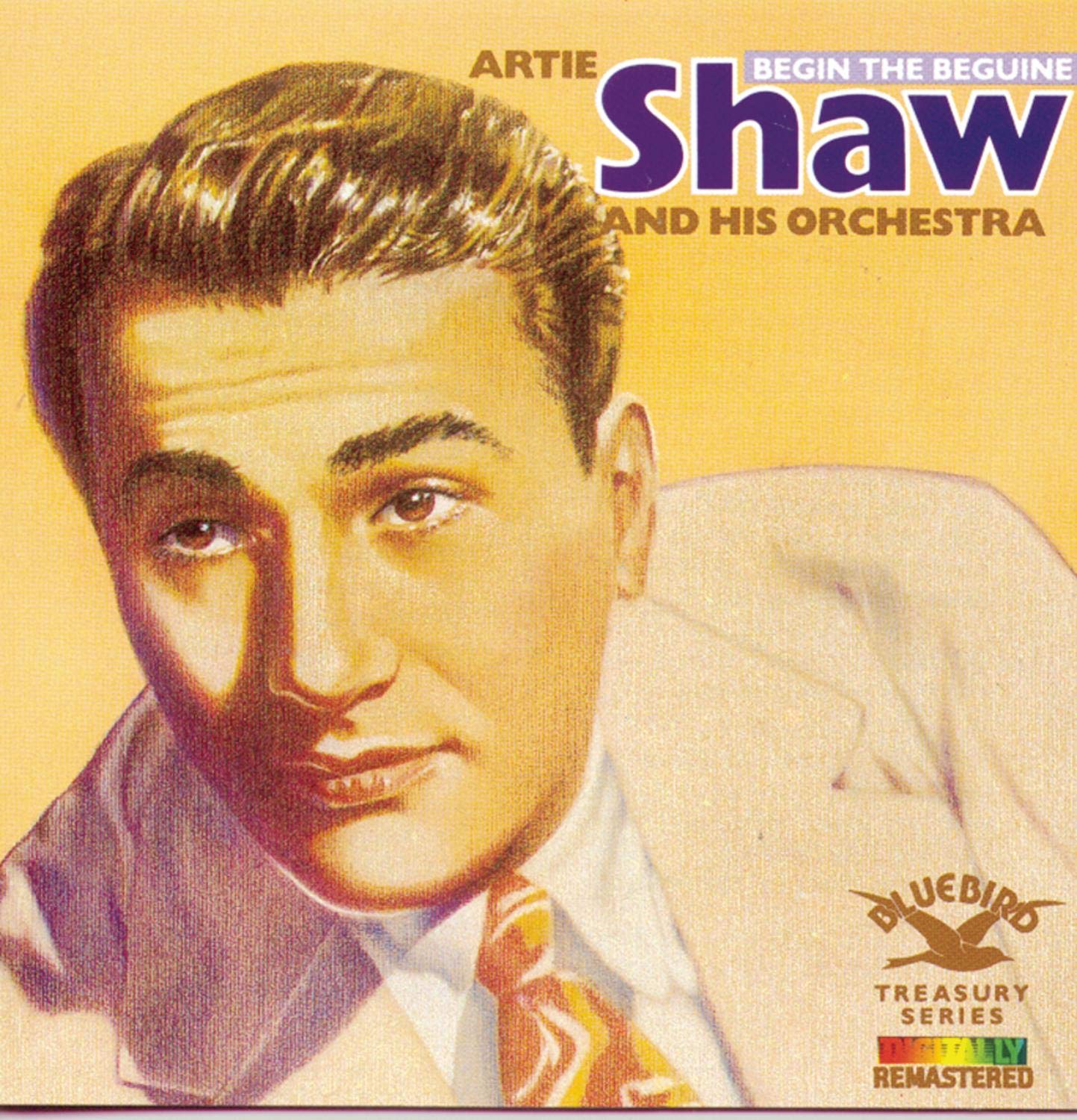 | Begin the BeguineArtie Shaw |
Writer(s): Cole Porter (see lyrics here) First Charted: September 3, 1938 Peak: 16 US, 12 GA (Click for codes to charts.) Sales (in millions): 2.0 US, -- UK, 2.0 world (includes US + UK) Airplay/Streaming (in millions): -- radio, 2.85 video, -- streaming |
Awards:Click on award for more details. |
About the Song:“Beguine” refers to a 1930s’ Cuban dance similar to a rumba. The moves, however, are slower and performed slowly and deliberately. Depending on the account one chooses to believe, songwriter Cole Porter experienced it for the first time on a luxury cruise during a stop in Martinique or a Paris dance hall frequented by Martinique imigrants. He adopted the dance’s rhythm for a big production number for Jubilee, a musical comedy which debuted in 1935. SB The show only lasted 169 performances, which reportedly didn’t upset Porter. He was, however, annoyed that people preferred “Beguine” to “Just One of Those Things,” another song from the show. He’d not anticipated “Beguine” being a hit. SB That’s not surprising. Although “Porter was a musical master and his songs are among the cream of the musical crop,” PS “Begin the Beguine,” didn’t follow conventional hit-making wisdom. Standards typically had thirty-two measures, but “Beguine” stretched to a whopping 108, making it the longest popular song ever written. SB The piece also had a lot of words, “a chord progression that goes through several modes and keys, [and] a vocal span three steps beyond the octave.” MM Xavier Cugat recorded the song and had a #13 hit with it in 1935. However, it was Artie Shaw’s version three years later which became a #1 PM hit and “one of the most popular jazz standards.” SB His recording came about when fans kept asking him to play it. He gave it more of a swing feel and debuted it at the Roseland State Ballroom. According to guitarist Al Avola, “The first time we played it we could just feel the vibrations. We knew it was going to be big.” SB When Shaw was contracted to record a swing version of Rudolf Friml’s “Indian Love Call,” he did so with the stipulation that he record “Beguine” as the B-side. His hunch paid off; the song became one of the largest-selling instrumental recordings by an American band. TY1 Shaw charted with it again in 1942 and Eddie Heywood and Frank Sinatra followed with charting versions in 1945 and 1946 respectively. PM The song has also been recorded by Sammy Davis Jr., the Andrews Sisters, the Flamingos, and Johnny Mathis. It was included in the 1946 Cole Porter biopic Night and Day. MM In a Billboard Disc Jockey poll, it was rated as the number 5 song of all-time. PM Resources:
Related Links:Last updated 10/29/2023. |








No comments:
Post a Comment